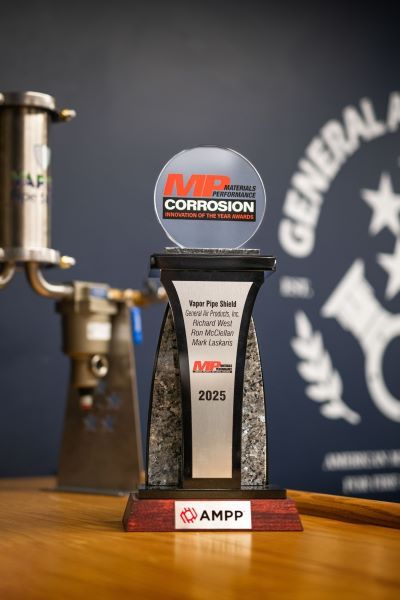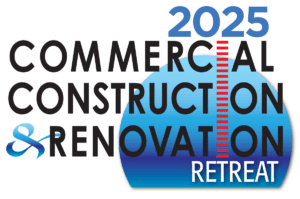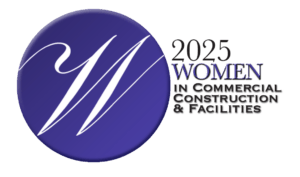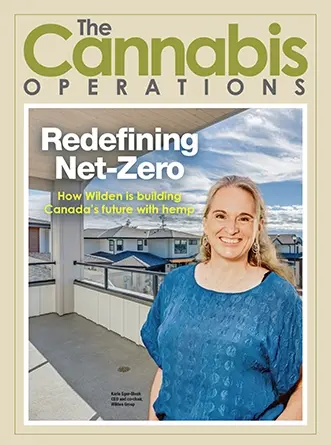Spring 2025 has seen exciting developments for the Vapor Pipe Shield, a patented technology from General Air Products (GAP) that protects dry and pre-action fire sprinkler systems using Cortec® Vapor phase Corrosion Inhibitors (VpCI®). With an industry award and new test data in hand, the Vapor Pipe Shield is on track to forever change the way that people approach corrosion prevention in fire sprinkler systems. Moreover, the effectiveness of Cortec’s underlying corrosion inhibitors signals exciting possibilities—not only for facility managers, but also for innovators in need of a corrosion protection piece to complete their next R&D puzzle.
Corrosion Innovation of the Year Award, On April 7th, General Air Products participated in an awards ceremony at the AMPP Annual Conference + Expo 2025 in Nashville, Tennessee. This yearly convention focuses on corrosion control and materials protection, drawing thousands of experts and innovators from around the world. Since 2014, AMPP’s official publication, Materials Performance (MP), has awarded Corrosion Innovation of the Year Awards to significant inventions in this field. “The winners of our 2025 MP Corrosion Innovation of the Year Awards represent some of the most promising technologies in the industry today,”
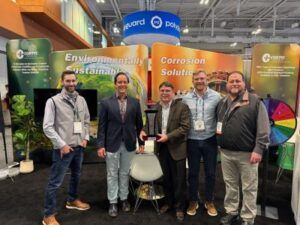
Image Courtesy of: Cortec
Third-Party Corrosion Testing: 18-Month Update
Just one month later, in May, GAP released its latest data on a five-year test underway in partnership with third-party laboratory Corrosion Laboratories, Inc. The study had recently passed the 18-month mark in comparing corrosion rates on carbon steel specimens partially immersed in water and treated either with compressed air, 98% purity nitrogen (the current industry standard for fire sprinkler protection), or VCIs (in this case, Cortec® VpCI®). At the one-year mark in December, GAP had reported that VCIs appeared to be up to seven times more effective at reducing corrosion than nitrogen and 34 times more effective than compressed air. Six months after that, GAP reported VCI effectiveness to be 14 times more than nitrogen and 117 times more than compressed air over the 18-month period. These exciting results underscore the advantages of VpCI® for corrosion protection alone, not to mention the major installation and upkeep perks of Vapor Pipe Shield compared to the challenges of maintaining a pressurized 98% nitrogen system.
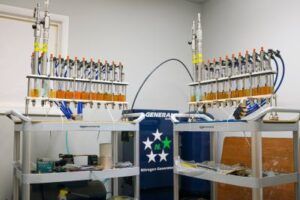
Images Courtesy of: Cortec
The Future of Corrosion Protection Awaits!
These two milestones underscore the exciting potential of Vapor Pipe Shield as it is poised to set a new standard in fire sprinkler protection. For building managers, it promises greater effectiveness with reduced maintenance for fire sprinkler integrity. For innovators like GAP, it demonstrates the game-changing potential of Cortec’s VpCI® to take their designs to a new level of convenience and effectiveness in metals protection. Contact Cortec® to learn more about taking advantage of VpCI® technology for your next innovation.
Feature Image Courtesy of: Cortec




